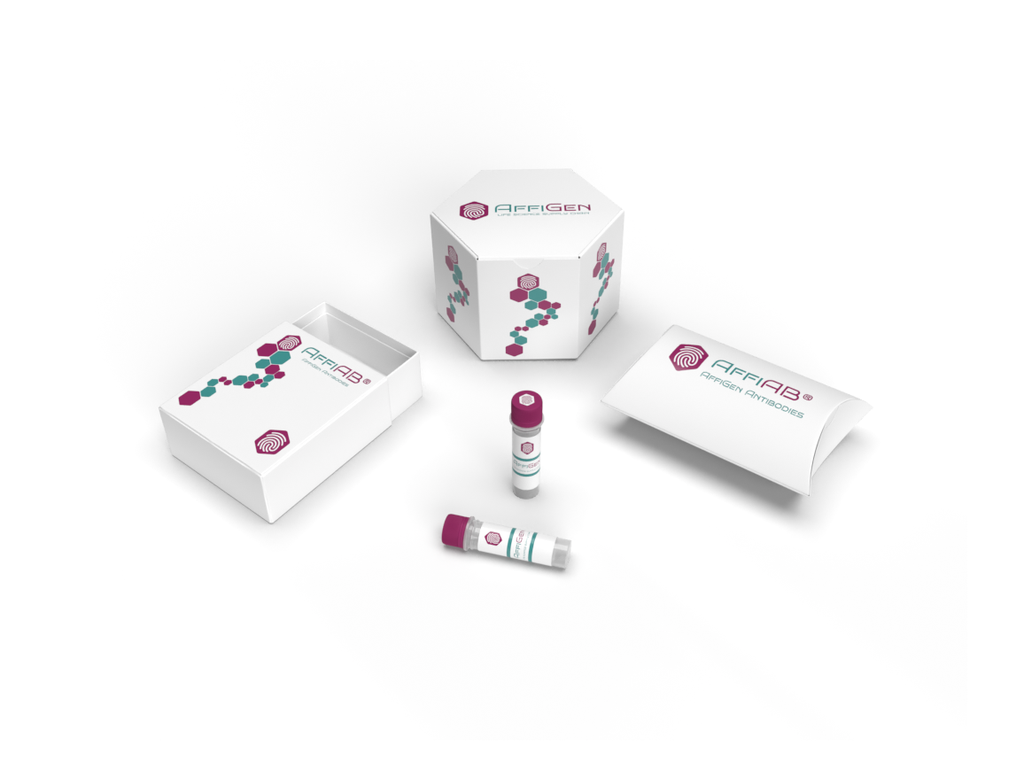AffiAB® Anti-KPTN Antibody
As part of the KICSTOR complex functions in the amino acid-sensing branch of the TORC1 signaling pathway. Recruits, in an amino acid-independent manner, the GATOR1 complex to the lysosomal membranes and allows its interaction with GATOR2 and the RAG GTPases. Functions upstream of the RAG GTPases and is required to negatively regulate mTORC1 signaling in absence of amino acids. In absence of the KICSTOR complex mTORC1 is constitutively localized to the lysosome and activated. The KICSTOR complex is also probably involved in the regulation of mTORC1 by glucose. Mutations in this gene result in an autosomal recessive form of intellectual disability. Alternatively spliced transcript variants have been found for this gene.
Antibody type
Rabbit polyclonal Antibody
Uniprot ID
SwissProt: Q96GT1 Human; SwissProt: Q9Y664 Human; SwissProt: Q8VCX6 Mouse
Recombinant
NO
Conjugation
Non-conjugated
Host
Rabbit
Isotype
IgG
Clone
N/A
KO/KD
N/A
Species reactivity
Human, Mouse, Rat
Tested applications
WB, IHC-P, FC
Predicted species reactivity
N/A
Immunogen
Synthetic peptide within N-terminal human KPTN.
Storage
Store at +4°C after thawing. Aliquot store at -20°C. Avoid repeated freeze / thaw cycles.
Form
Liquid
Storage buffer
1*TBS (pH7.4) , 0.2% BSA, 50% Glycerol. Preservative: 0.05% Sodium Azide.
Concentration
1 mg/mL.
Purity
Immunogen affinity purified.
Signal pathway
N/A
Recommended dilutions
WB: 1:500-1:2, 000
; IHC-P: 1:50-1:200
; FC: 1:50-1:100
Molecular Weight
48 kDa
Subcellular location
Lysosome membrane, lamellipodium, stereocilium.
Positive control
HepG2 cell lysate, SH-SY5Y cell lysate, rat brain tissue lysate, human placenta tissue, mouse testis tissue, SH-SY5Y.
